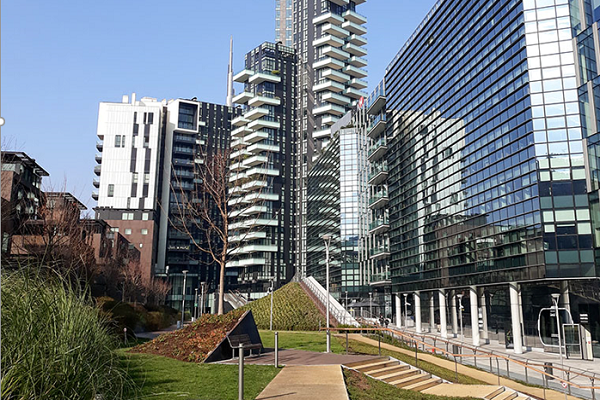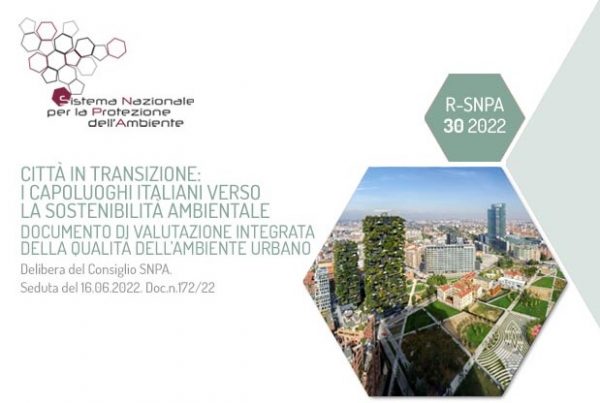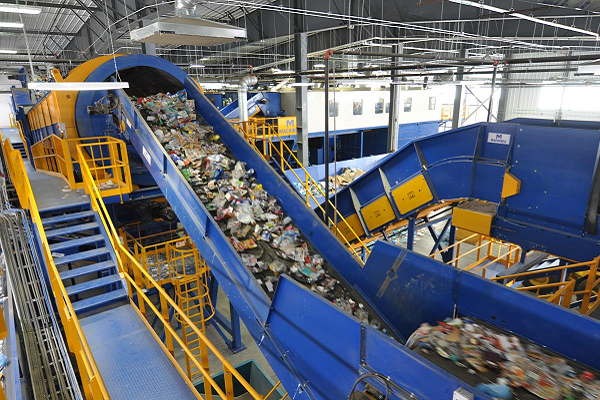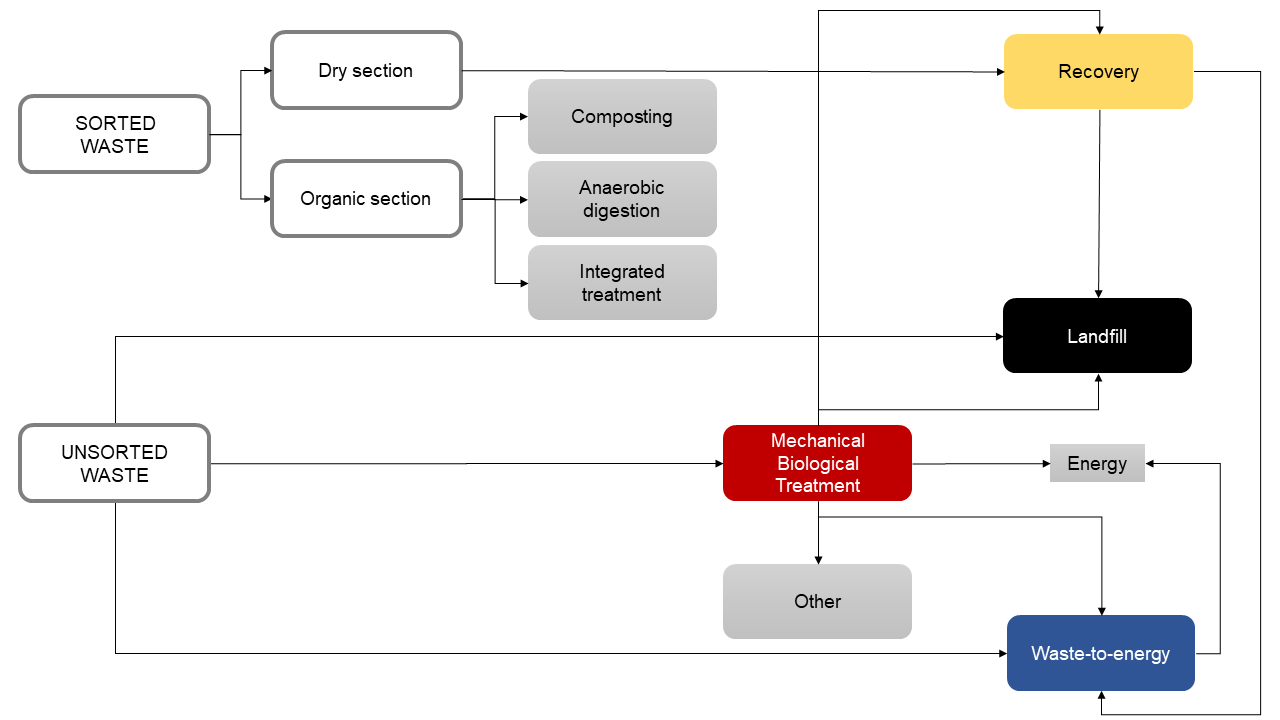Increasing the renewable energy share of electricity generation is central to decarbonization policies, and the European Union has set up binding 2030 targets
End of protection: brief considerations on the competitive paradigm of the Italian electricity market
Many of the analyzes that accompanied the debate on the “end of protection” of the electricity market start from a correct and acceptable assumption: that is, that the free market should allow for more than nine million electricity users, currently subject to the “protection” regime, more economic conditions advantageous. To support this thesis, many studies […]
Strategic Response of European Airlines to Market Dynamics: A Comparative Analysis
major European airline incumbents are facing a number of challenges as they adapt to the changing competitive landscape. However, by adopting a strategic framework that focuses on long-haul routes, cost reduction, hybridization, geostrategic positioning, and aggregation, major European airlines can improve their competitive position and achieve sustainable success.
Sustainable Development Goals Data-Driven Local Policy: Focus on SDG 11 and SDG 12
(Italiano) Sustainable Development Goals Data-Driven Local Policy: Focus on SDG 11 and SDG 12
Market-Based Instruments to Promote Energy Efficiency: Insights from the Italian Case
Market-based instruments such as white certificates offer the potential to increase efficiency gains, reduce primary energy consumption and make energy systems more resilient
Cities in transition: Italian towns towards transition
(Italiano) Le città giocano un ruolo centrale nella transizione verso la sostenibilità, sono i motori del cambiamento. “Città in transizione: i capoluoghi italiani verso la sostenibilità ambientale” restituisce per la prima volta una lettura della sostenibilità urbana attraverso tre chiavi di lettura strategiche: vivibilità, circolarità e resilienza ai cambiamenti climatici.
An Overview of Packaging Waste Models in Some European Countries
Efficient packaging waste management systems are essential considering recent revisions of the European legislation on packaging waste management that sets ambitious targets. European rules aim to deal with the increasing quantities of packaging waste, which cause environmental problems
Market Structure of Urban Waste Treatment and Disposal: Empirical Evidence from the Italian Industry
In light of the organizational dynamics of services of economic interest, the regulation of municipal solid waste management is a critical issue to deal with so as to achieve sustainability goals in the coming decades. The European circular economy targets limit the share of municipal waste in landfills to a maximum of 10% by 2035.
Relaunching the natural gas distribution service in the Italian energy market
(Italiano) Il servizio di distribuzione del gas naturale è una eccellenza industriale del nostro Paese. Gli impianti sono dati in concessione dagli Enti locali ai gestori: la normativa di legge prevede che gli affidamenti siano riassegnati tramite gara che tuttavia incagliate e stentano a decollare.
Efficient industry: firms’ opportunities in energy transition
(Italiano) Il settore industriale è chiamato ad affrontare l’ambiziosa sfida di saper interpretare gli obiettivi di decarbonizzazione previsti dal Piano Nazionale Integrato per l’Energia e il Clima (PNIEC) e dal Green
Deal. Questa rappresenta un’occasione per un significativo cambio di paradigma rispetto al passato, sapendo valorizzare le opportunità dell’innovazione e della digitalizzazione, per promuovere un modello
in grado di generare sviluppo economico, rispetto per l’ambiente e inclusione sociale.
Designing waste management systems to meet circular economy goals: The Italian case
Waste management capacity plays a prominent role in complying with circular economy goals, such as reducing municipal waste disposal by landfilling to 10%. We first analyze the imbalance in municipal solid waste management across Italy by estimating the quantities of waste to be treated using technologies different from those currently in use. Subsequently, we estimate the impact that a system compliant with circular economy goals would have on the cost of waste management. Our empirical analyses are based on an econometric method. The results suggest that Italy could reduce the use of landfill by 11.5%, resulting in a 13% reduction in mechanical-biological treatment. The waste-to-energy capacity would rise by 4.6% compared to the current situation, while the organic fraction treatment capacity would increase by 8.3%. Besides the positive impact on the environment, the potential annual savings on the cost of waste management could reach 0.07%, or 0.27% when the phase corresponding to treatment and disposal is considered. We provide insights into the design of more efficient national waste management plans using a novel approach based on best performers
Organization and regulation of local services of economic interest: the case of the urban waste cycle
The essay analyzes the legal regime of the municipal waste service in the light of the incisive reforms of recent years. The study is an opportunity to reflect on general themes, such as the current justifying assumptions of a regime of municipal privative rights; the regulation of local services by independent authorities; the impact of reforms introduced under the sign of the circular economy on a complex system of multi-level governance; the still current core of the public service in the case of local economic services open to the market.











